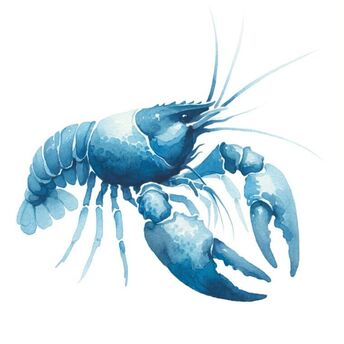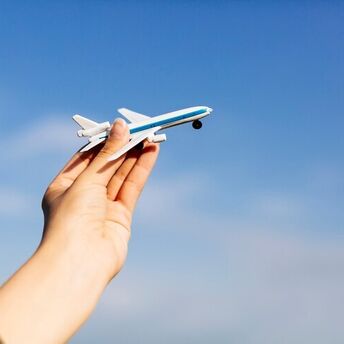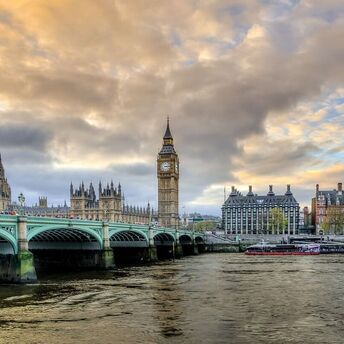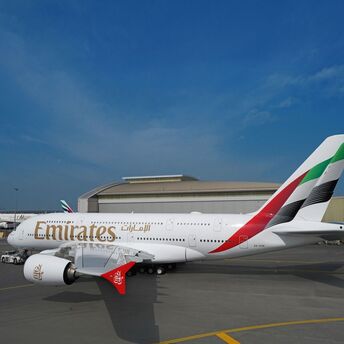Top 8 types of safe items you can't bring on board a plane
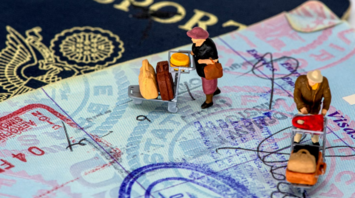
There are many safe things you can't take on a flight, including certain literature and maps, which may be banned in different countries due to local laws and security concerns.
Wild animals and products made from them, such as items made from sea turtles and fur from endangered species, are prohibited and cannot be carried on airplanes in many places, writes The Travel.
Travel documents must be valid for a certain period of time before they expire, and a damaged passport can lead to denial of boarding.
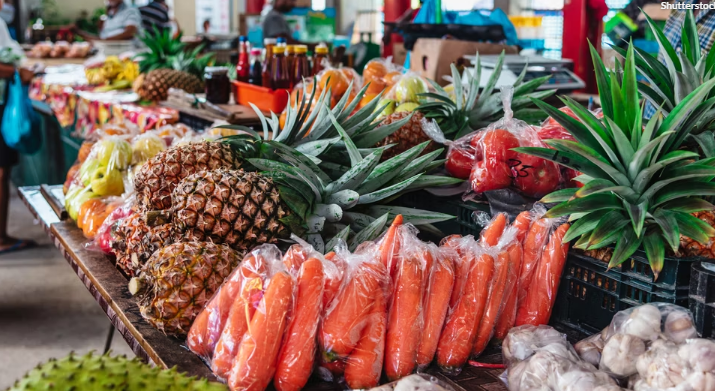
Miscellaneous
Literature and maps: In India, where its external borders are misrepresented. Drawings, books, and sculptures: In Japan, where such actions may be considered harmful to public morality or security. Prepared and homemade food: In Dubai.
Animals and animal products
Most countries have national laws that protect local flora and wildlife. So, before buying any wildlife or plant product (jewelry, clothing, pets, souvenirs, etc.), be sure to ask about its origin and whether it is allowed in the country you are visiting or destination. Certain products may be prohibited for import or export because they are made from protected animals or plants.
Expired travel documents
Some countries' travel regulations require travelers with a U.S. passport to have travel documents valid for a certain amount of time before they expire (some countries require 3 months, some require 6 months, and some have other rules).
Damaged travel documents
International travel starts with the right identity document. Therefore, travelers should always have the appropriate travel documents in addition to a valid official identity document. Travelers should make sure that none of these required documents have any damage, such as torn, water-damaged, or missing pages.
Large amounts of cash or unregistered valuables
In every country, including the United States, carrying a significant amount of cash or valuables will not usually result in denial of boarding. But anyone carrying large amounts of cash may alert customs or airport security officers, and they may question travelers to ensure that rules are being followed and to stop illegal activities such as money laundering.
Prescription drugs
Some countries have strict regulations on controlled substances that require prior authorization or a prescription from a local doctor for medications that contain these substances. Travelers should find out about the laws of their destination country, carry medications in their original packaging, and have prescriptions or doctor's notes to avoid getting into trouble.
Plants and flowers
There are some specifications that change depending on the type of plant, whether it is the whole plant or just a part of it, where it comes from and what it will be used for. Travelers must obtain a permit and other government documents to bring plants, seedlings, or certain plant products into the United States.
Fruits and vegetables
Bringing fresh, frozen, canned, or dried fruits and vegetables may endanger local plant life and crops by introducing pests or diseases not normally found in the United States. Therefore, travelers are advised to declare agricultural products and comply with customs regulations to avoid trouble during the flight.
Earlier, TravelWise told you what kind of luggage to choose when preparing for a long-distance flight.










